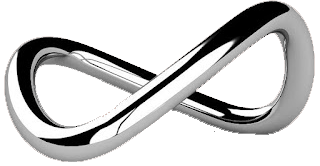Scroll down for English**
MARA ARANDA_DIÁSPORA
This musical repertoire attracts different types of researchers: anthropologists, musicologists and ethnomusicologists, linguists, novelists, journalists or historians, the public in general … especially since the nineteenth century when the Sephardic culture was rediscovered almost accidentally, and because of its immeasurable richness became a patrimonial value of mankind.
Abraham B. Yehoshua, the renowned Israeli writer of Sephardic origin, suggests in his article Beyond Folklore that “Sephardic identity contains three components: Christian, Muslim and Jewish. These three elements, inseparably merged, form an astonishing cultural symbiosis”, a symbiosis which we find represented in “Sefarad en el corazón de Marruecos”, the new work of Mara Aranda.
The songs tell us about the daily life of the Sephardic people, songs they shared when they participated in celebrations and feasts, or songs they sung in the intimacy of their homes. Generation after generation passed on melodies, rhythms and the feelings of their people only by word of mouth until this day.
Of Arabic-Andalusian tradition the music ranges from popular folk songs to virtuosic interpretations, elements of a classical Arabic music, revealing us the inner feeling of this people for whom music and poetry were the two outstanding ways they cultivated to draw nearer to God and to express even the most subtle movements of the soul. Christian tradition is included by some instrumental passages of the “Cantigas de Santa Maria”, which merge these tow realities, combining arduousness, care, sensibility and the wisdom of great mean who were despite their personal creed able to work for a higher and more noble aim, transcending their identity into time.
Special thanks to
The musicians
Jota Martínez, medieval Spanish tradition string instruments and hurdy gurdy (cítolas, Moorish guitar, lute)
Robert Cases: thiorba, cítolas and harp.
Fernando Depiaggi, ney and Arabic and Middle Eastern percussion
Abel García, string instruments from the Eastern Mediterranean (baglama, saz, laouto)
The dancers:
Rosa Sanz, Spanish dance
Mercedes Campello, Mystic Turn (Sufi Mystic Dance)
And to the choir Elí Hoshaná de Lucena (Córdoba) for its outmost collaboration
Promotional video
Internacionally contact: Günther Weise – Phone +49 9664 1857
